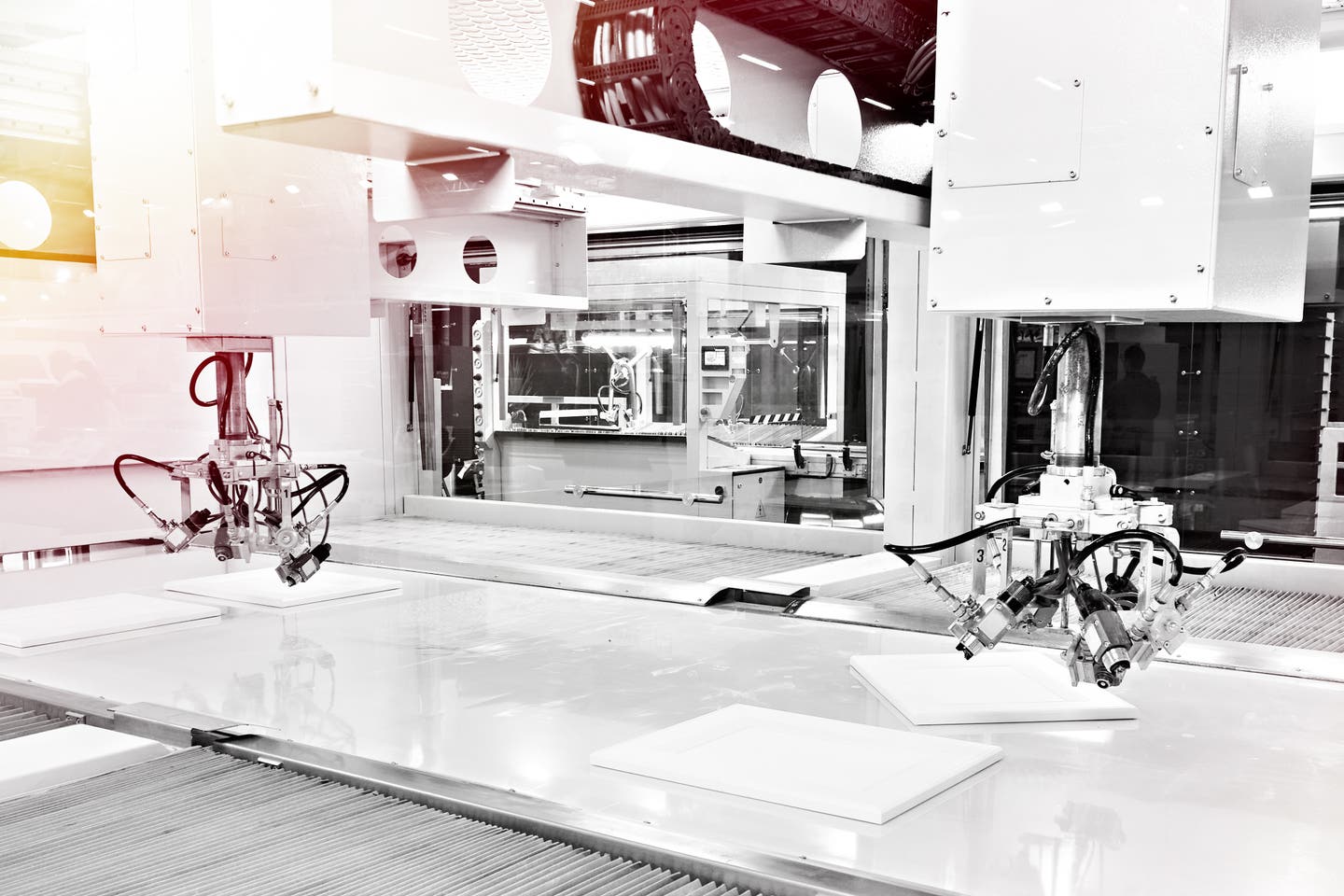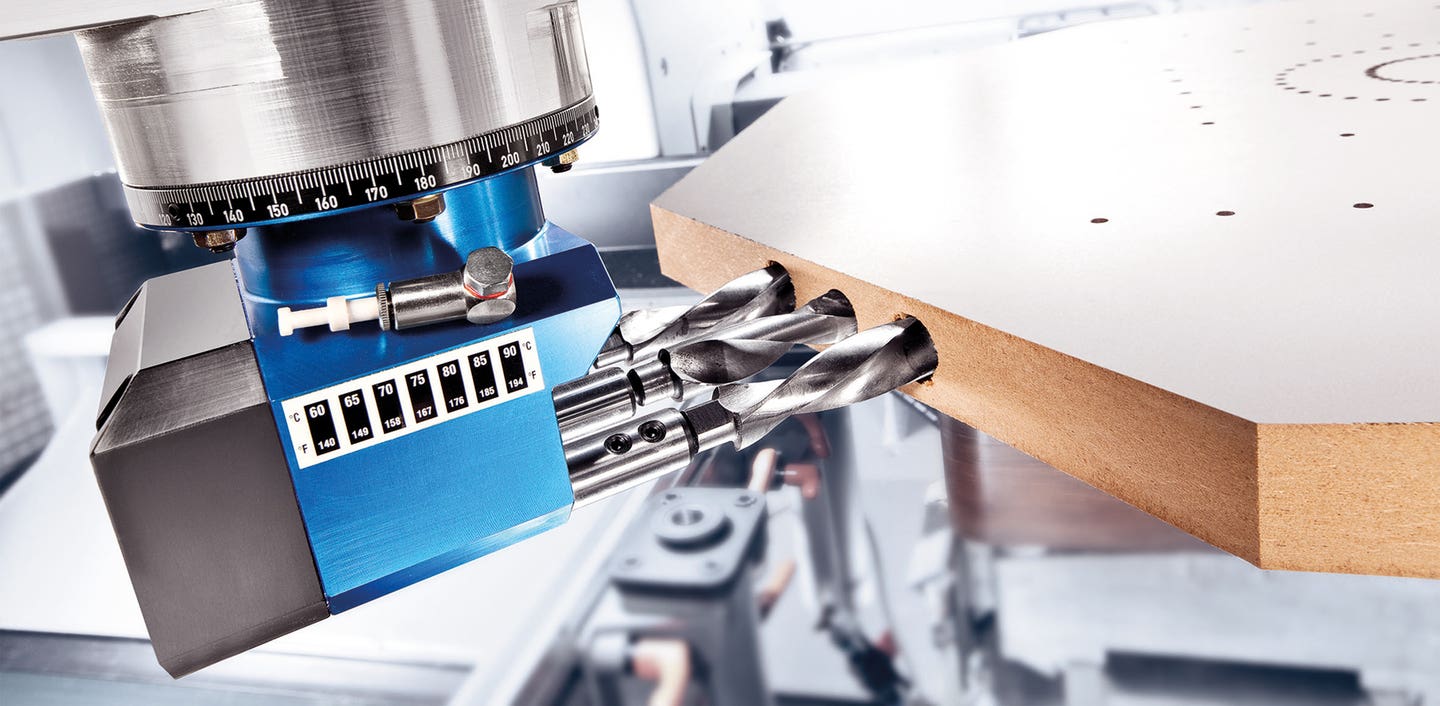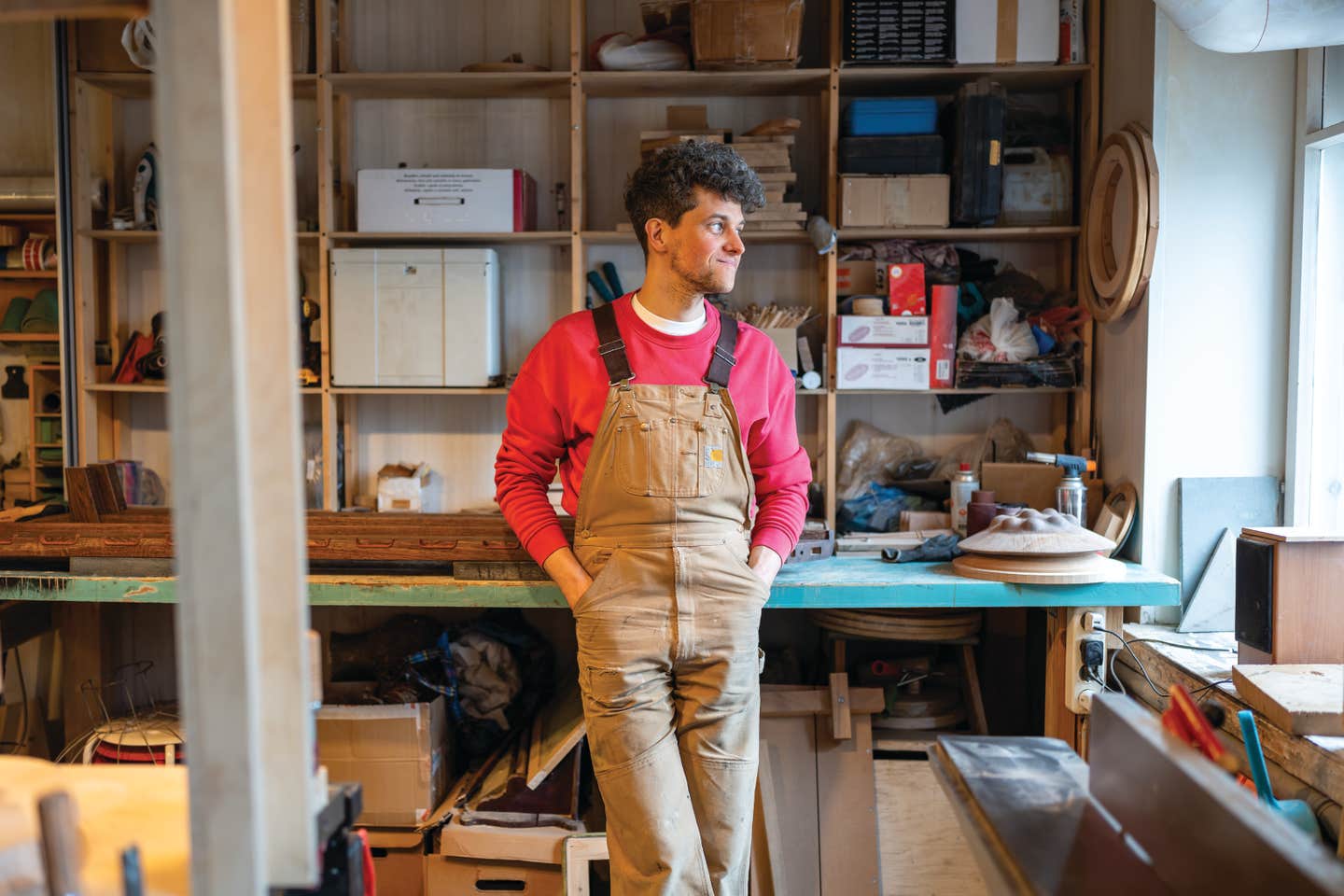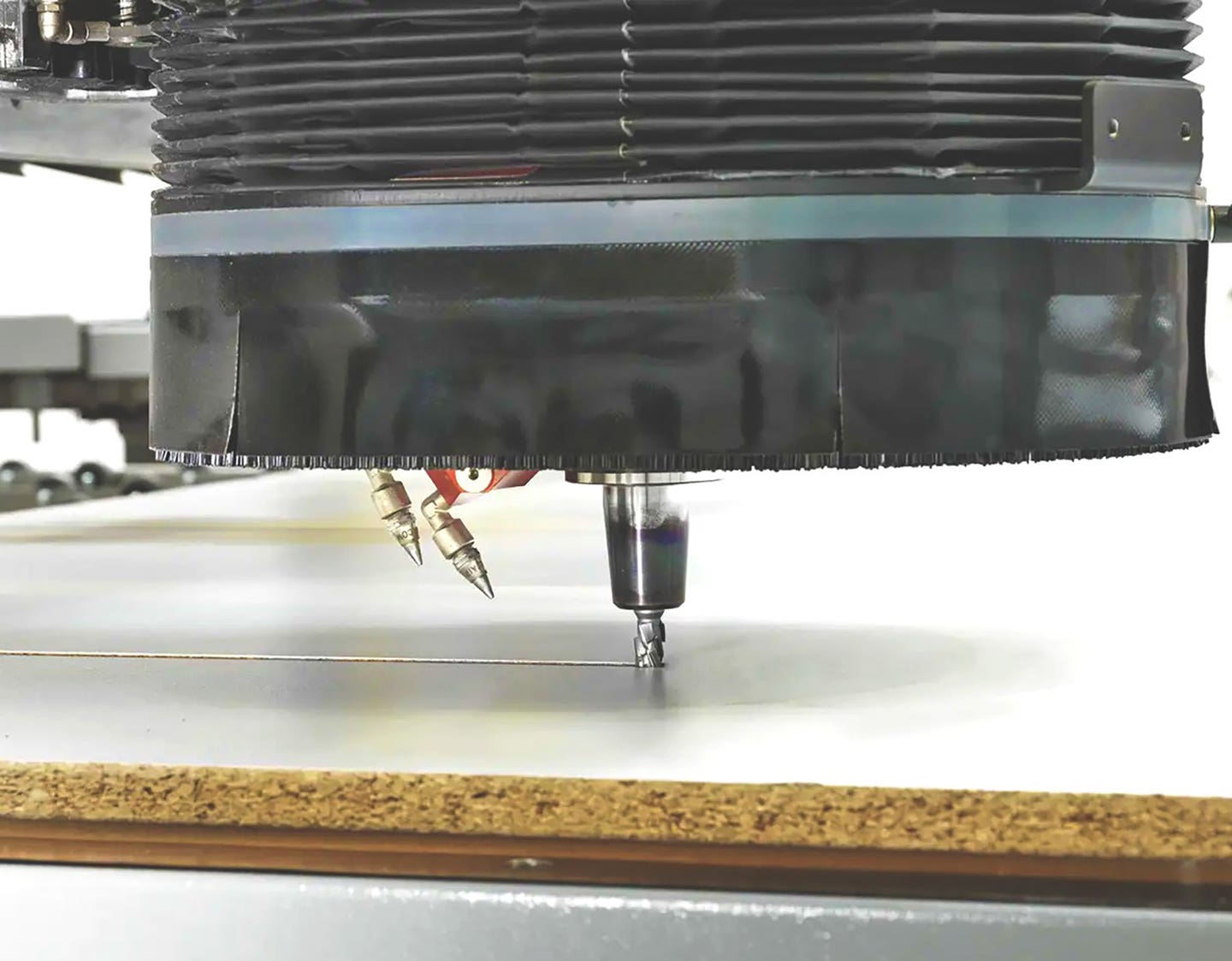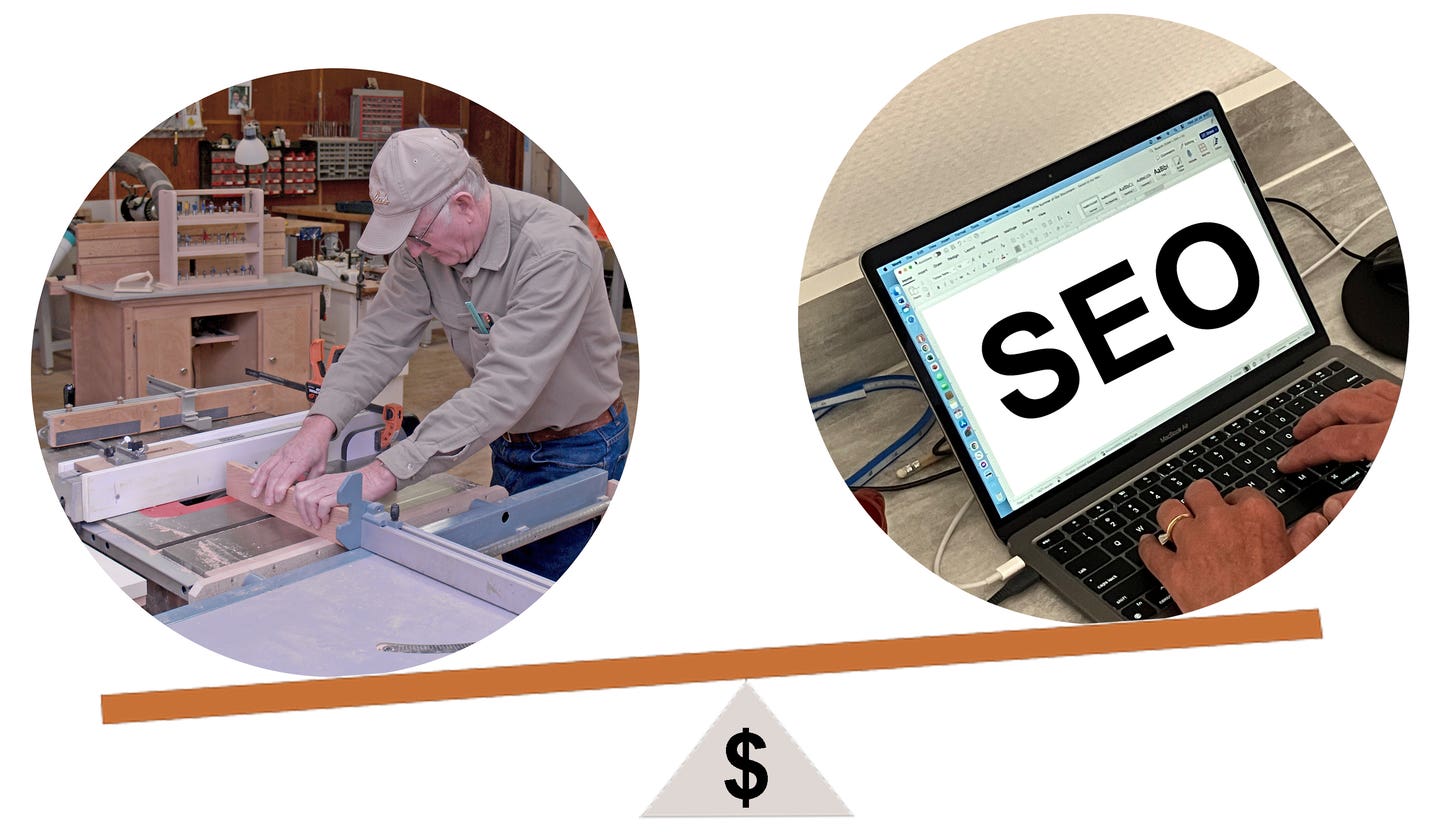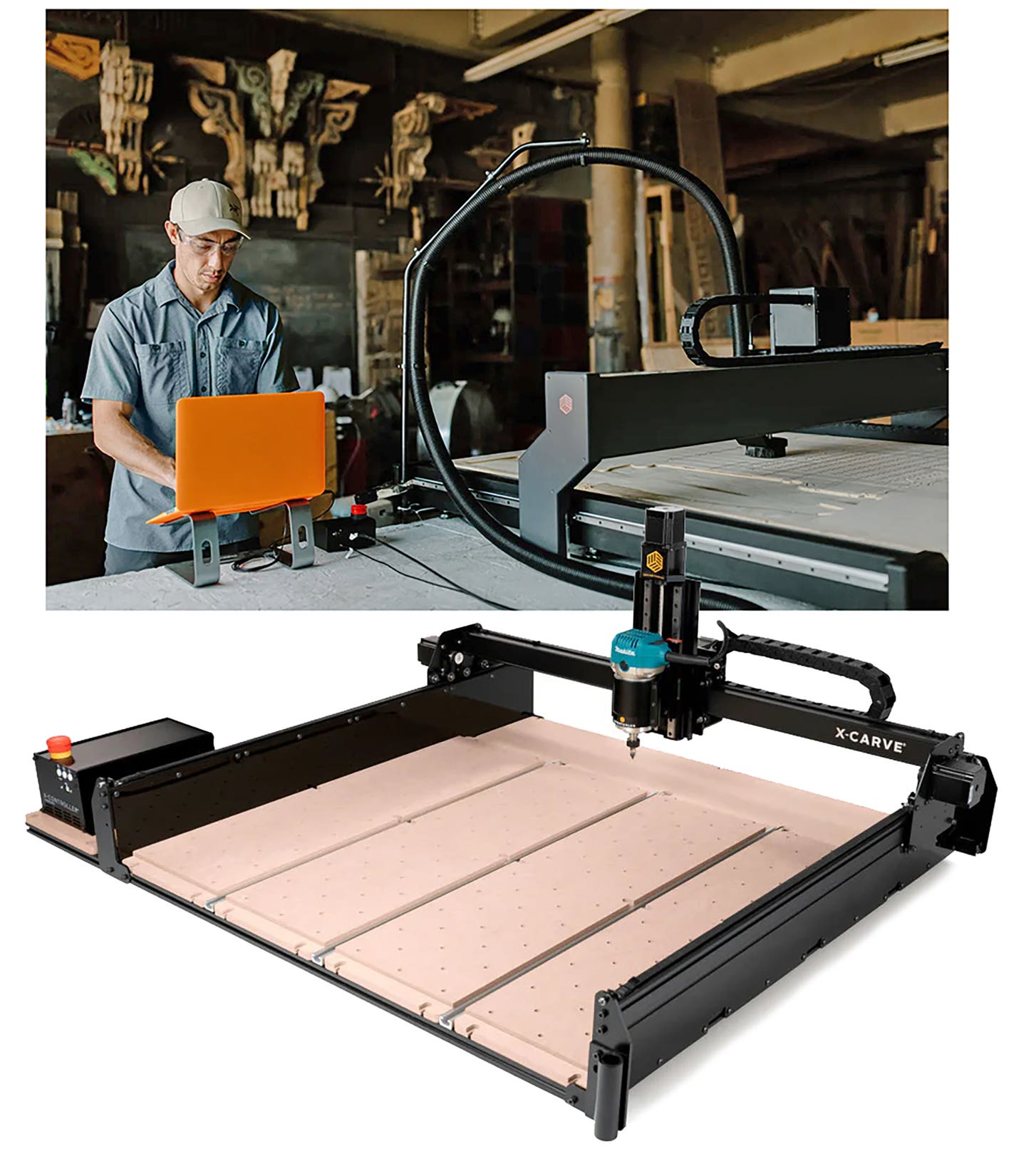Feelin good
Irie Cabinetry of Denver brings a touch of the West Indies atmosphere to its clients throughout Colorado, something owner Scott Kelley strives for. Originally from St. Thomas in the U.S….
Irie Cabinetry of Denver brings a touch of the West Indies atmosphere to its clients throughout Colorado, something owner Scott Kelley strives for. Originally from St. Thomas in the U.S. Virgin Islands, Kelley says the word “Irie” (I’-ree) is used often where he’s from. It’s a positive term used to describe how someone is feeling.
“Irie means you have a good feeling. If you are feeling excellent, you say you are feeling Irie. So we wanted to name the company Irie Cabinetry. We want people to feel great in their kitchen. We want to give people the Irie experience of an Irie product from Irie people,” Kelley says.
The four-man shop offers a full range of custom cabinetry. Sometimes people unfamiliar with the word and its pronunciation associate it with the town of Erie, a small town just north of Denver. The misunderstanding has actually brought in a few jobs.
“They thought we were located in Erie, which is fine because we will travel all over for whatever business. No job is too big or too small,” Kelley says.
Exploring opportunities
Kelley came to the U.S. when he was four years old, along with his two brothers, because his father was ill with a brain tumor. He stayed with his aunt and uncle in Denver while his father received advanced treatment. He moved back and forth between the islands and Denver after his father died, trying different vocations and deciding what to do with his life.
“I moved to the islands again in ninth grade, but realized I needed to get my education because things were a lot slower there. My transcripts were never sent and we were on the beach fishing every day. I was just getting older and older and saw myself not going to school. I asked my aunt and uncle if I could move back in and then I finished high school here in Colorado,” Kelley says.
He went back to the islands after high school, where he started a small farm with his brother, ran a bicycle messenger business and began taking general classes at the University of the Virgin Islands. His direction in life changed again when he met a woman, Kizzy, who is now his wife of almost 20 years.
Once they started a family, Kelley knew he needed to find gainful employment. He began doing some cabinetry work for one of his college professors at UVI, a person who also became his mentor.
“I started out making storm shutter doors for him. He taught me how to do that at night after teaching in a classroom during the day. Then, when we finished all of those, we started on the cabinets in his rental units and that’s when I started learning cabinetry.”
After a short while, he wanted to expand on his horizons and show his family a better life.
“Kizzy had never been anywhere and I had been up here. So I suggested for our children’s and for our own opportunities we move up here. That was in 1998 when we came here to Denver.”
The beginnings
Kelley found a job doing installation work for cabinetry shops and then started his own installation business that year. He literally had his foot in the door.
“If you’re the homeowner, you got to know me as the installer. I also got to know many builders and designers. They called on me because I did a good job installing. At first, when they wanted me to do their cabinets, I didn’t want to. Ethically, I didn’t want to take their work from them. But eventually we got away from that and stopped installing for other people and started making our own products. That’s where we are today.”
His next challenge was finding a way to get his designs into people’s homes.
“I didn’t have a shop back then (in 2001). I was designing at home and pretty much working out of my van. I would sell the client the job, then I would go up to Fort Collins where there was a shop with CNC machinery. So I’d give them my plan and get a price, then sell the job to the customer. So that shop would make the cabinets and I’d go pick it up and deliver and install them. I got paid for the design and for the completed work.”
The jobs accumulated and eventually Kelley had enough to invest in his own shop where he could finally fabricate his designs. He purchased a computer design program and hired an employee, Don Fiddes, who still works in the shop’s drafting department.
“I did that because it was right after [the Sept. 11, 2001 terrorist attacks] and nobody knew what was going on and the cabinet shops said they didn’t have any installs for us. I had two kids and a wife and needed to feed them so I knew not to put all my eggs in their basket. I bought this design program for $3,000 and that was a big deal for me. I taught myself how to run it, but Don has been running it for a long time.”
Kelley opened his first official shop in 2005, which was across town in Englewood. In 2010, he got himself closer to home with his current shop, a 2,000-sq.-ft. space in an industrial complex. Things are pretty cramped now and Kelley is actively searching for a larger space to suit the needs of the business and have a showroom. The goal is to find a suitable 5,000-sq.-ft. space by early next year.
“The challenge of buying a building right now in Colorado is that the marijuana industry runs the show. Cash is king. So if a distributor wants to come in here, they will buy us out in no time at all,” Kelley says. He is referring to Colorado Amendment 64 that led to the January 2014 legalization of cannabis use within the state with certain restrictions. Conflicting federal laws prevent certain money tied to the industry from being put into federally insured banks.
Networking pays off
While at his first shop, Kelley joined a professional networking organization called LeTip, where he and other likeminded members could exchange business referrals and other information.
“That was a good marketing tool. You get to meet lots of people at the meetings and they only allow one member per profession in your area. So there was no other cabinet guy there. We would meet every week and give tips. I could refer a customer to a dentist if they needed dental work and then the dentist would know somebody who needs a kitchen. We would give each other leads.”
Each member got 30 seconds for a “commercial” at the meetings. He would start his off asking how everyone was feeling and the whole group would respond “Irie.” He started talking about where he wanted to find work, one of the places being in the nearby upscale community of Park Hill, and the jobs came in.
“I did that for nine years, but just quit this year because I started getting leads that I didn’t really want, like repairing a drawer. I felt obligated to do it, but then I had to waste all my time building that drawer when I could have been selling or building a kitchen.”
He still relies on networking through word of mouth from customers and their acquaintances.
Prospective growth
Urban sprawl has defined Denver during the last 15 to 20 years. And this has been good for business, according to Kelley.
“The [Stapleton International] airport used to be near my shop and there were planes flying over every minute,” he says. “Now the [Denver International] airport is way out in the country and city is growing in that direction. But the businesses around here, a bunch of hotels that used to serve the old airport, are being turned into businesses and residences, so there’s a lot going on.
The local remodeling market is also strong. Kelley estimates about 90 percent of his shop’s work comes from remodeling. “We specialize in a lot of small space planning,” he says.
“All of our work is residential. We worked with one commercial builder, but we really don’t prefer that because they don’t appreciate it. It’s a one-time deal. With homeowners, they have kids who grow up and get a home and we do their homes and we keep doing work for all of these generations. We are more into making connections within the community.”
The shop considers all of Colorado as its primary market. From Kelley’s perspective, the state has just about everything one could want.
“The main ritziest place is Aspen. There are famous rich people there with high-end houses and big money. We have done three houses there. Working up there, it’s nice; you actually feel like you’re living up there. I entered into a bike race, practiced with (the locals) and got to know them. Everybody’s always up to something in this state.”
An ‘Irie’ touch
Black or white painted kitchens are the hottest trend going, Kelley says. Shaker is the most popular cabinet style and he’s made sure to infuse some of his offerings with a touch of home.
“I have this solid, raised-panel Shaker door I make with this molding inside that we call Savan. It’s one of our most popular doors right now. It is named after an inner-city neighborhood my grandmother is from in St. Thomas. It was the first African American area there once the slaves were free. They just congregated there. Even though it is kind of run down, I still love that area.
“We have a door color that is also popular and call it Mahogany Run, a golf course in St. Thomas. It’s on alder, but it looks like mahogany.”
Behind the scenes
Staying ahead financially is always difficult, but Kelley says it’s gotten better in the last few years.
“My guys really push me to make moves like buying machinery. I was stuck in dinosaur land. I wanted to expand, but I didn’t know what it meant to expand,” he said, referring to a few recent purchases of used machinery. In addition to Fiddes, the crew includes shop foreman Pat Wagner and craftsman Julio Rosales.
Kelley is probably one of the few woodworkers who can make light of the recent economic recession. Perhaps it’s his laid back Irie personality.
“Sure, we got affected by the recession. But I didn’t pay attention because I was too busy. We’ve always had work going. And I also think we kept our prices low and did really good work. We’ve always done everything … build it, install it and work night and day to make it happen. We were busy, but not busy making money. We were taking on anything and everything.”
Kelley has clearly come a long way from starting with installs. But he’s still all about the end result.
“We run things lean and mean. We are working a lot and we don’t have a big enough space to hire anyone else right now. We want to save as much as we can because we want to buy a building.”
Contact: Irie Cabinetry, 3910 Niagara St., Unit A, Denver, CO 80207. Tel: 303-388-7211. www.iriecabinetry.com
This article originally appeared in the November 2016 issue.


